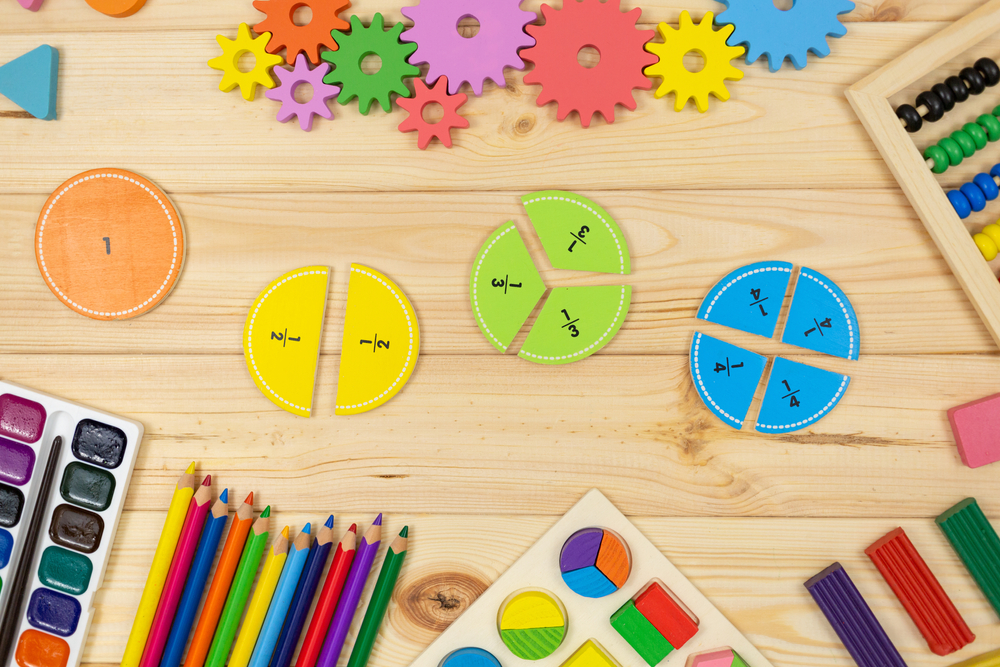Basic counting skills Easy Math Worksheets for Ages 5-7
5 filtered results
-
From - To
Explore our "Basic Counting Skills Easy Math Worksheets" designed for children ages 5 to 7. These engaging worksheets provide young learners with a solid foundation in counting, helping them master essential skills through fun and interactive activities. Each worksheet encourages creativity and critical thinking, featuring vivid illustrations and easy-to-follow instructions. Children will practice counting objects, recognizing numbers, and solving simple problems, making math enjoyable and accessible. Perfect for parents and educators alike, our resources foster confidence and retention in basic math concepts. Download and start enriching your child's mathematical journey today with our thoughtfully crafted worksheets!
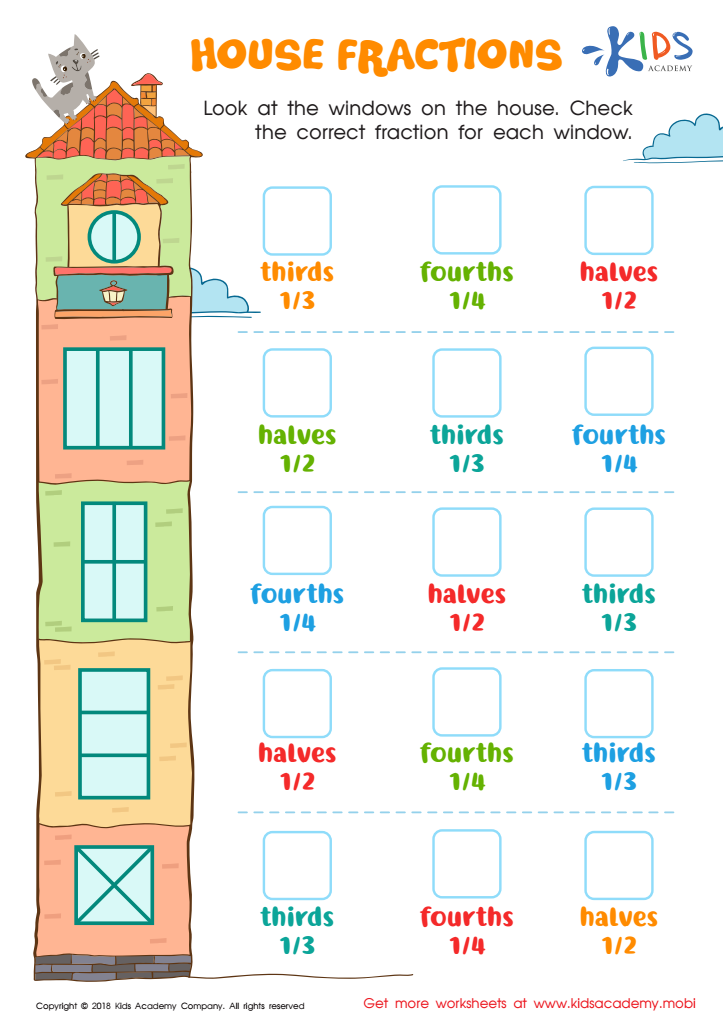

House Fractions Worksheet
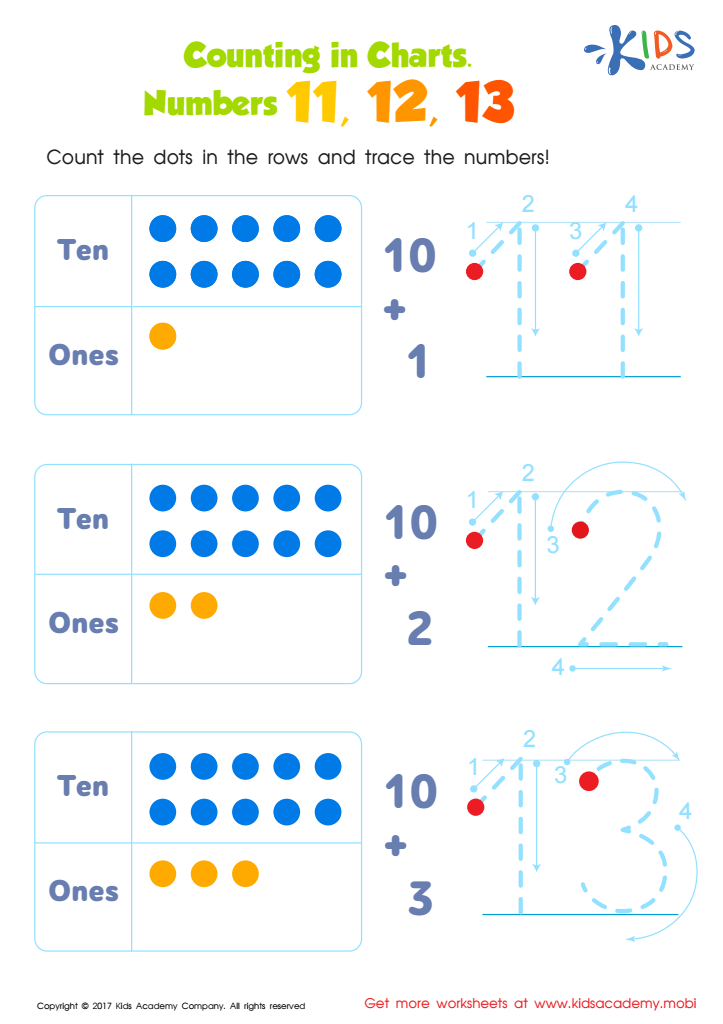

Number Tracing Worksheet For Kindergarten
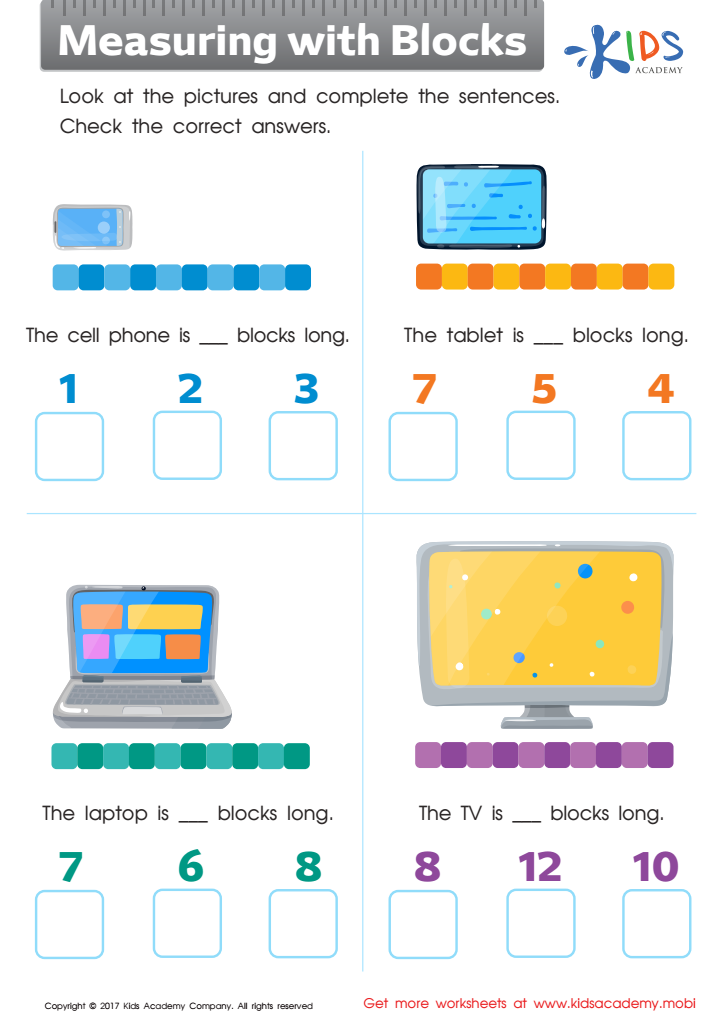

Measuring with Blocks Worksheet
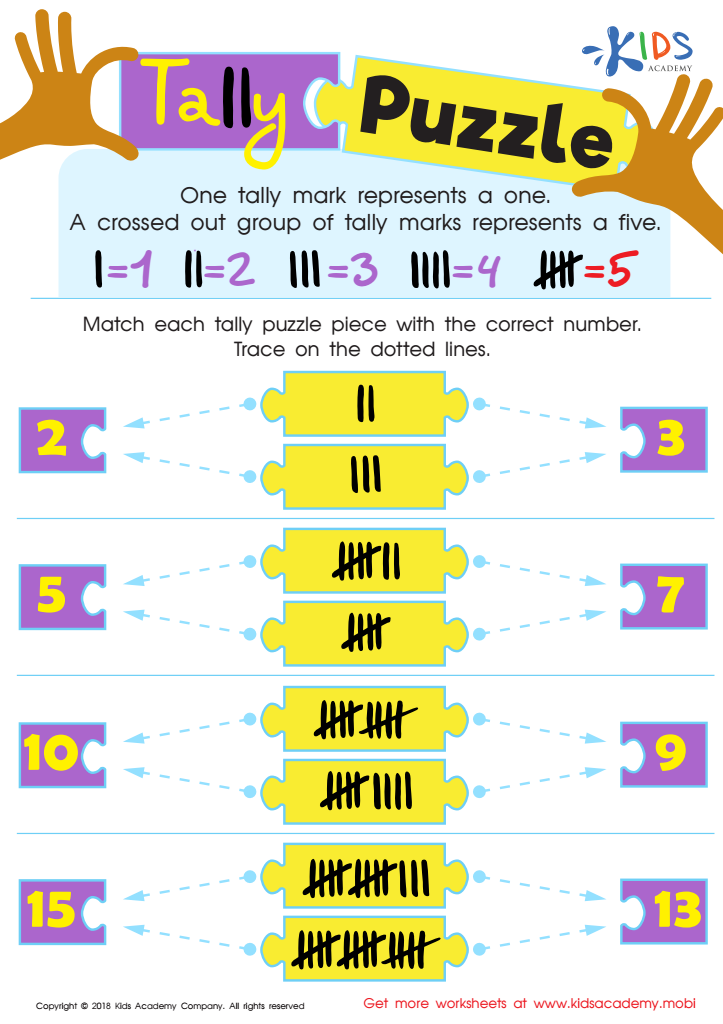

Tally Puzzle Worksheet
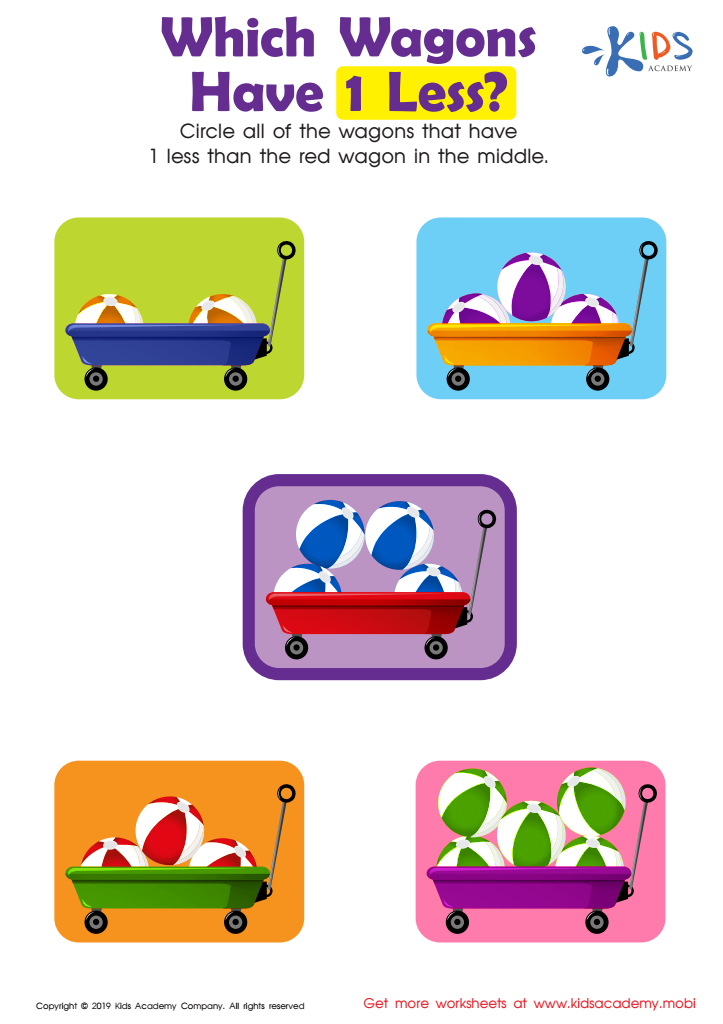

Which Wagons Have 1 Less? Worksheet
Basic counting skills are fundamental for children aged 5-7, serving as the building blocks for more advanced math concepts. Parents and teachers should prioritize these skills as they lay the groundwork for logical thinking and problem-solving abilities. Mastery of counting fosters number sense, which is essential for understanding mathematical operations such as addition, subtraction, and even concepts like patterns and measurements.
Additionally, counting skills are integral to daily life, helping children learn to manage finances, tell time, and measure ingredients in cooking. Through engaging activities like games and songs, parents and teachers can make learning enjoyable, ensuring that children develop a positive attitude toward math.
Establishing strong counting skills at this age not only prepares children for school success but also helps boost their confidence in tackling more complex subjects later on. Moreover, these formative years are crucial for honing fine motor skills, particularly when manipulating objects for counting, enhancing both cognitive and physical development.
Ultimately, investing time and resources in nurturing basic counting skills supports lifelong learning, empowers children, and paves the way for greater academic achievement. For these reasons, parents and teachers should be proactive in fostering early math exploration.
 Assign to My Students
Assign to My Students





